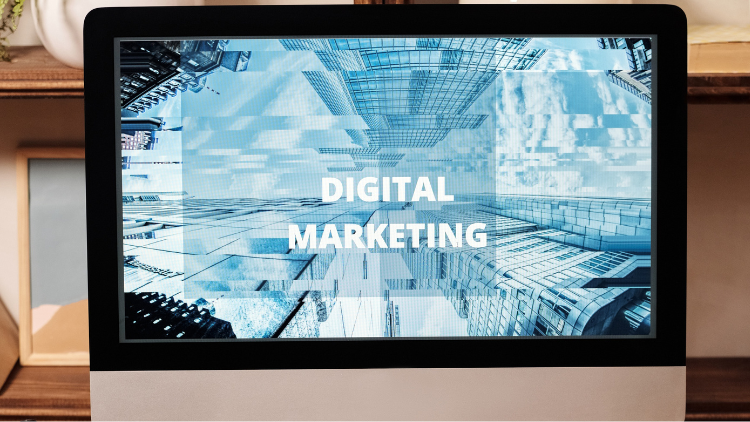The Digital Revolution

The Digital Revolution: How Technology is Transforming the Branding Industry
In an era defined by technological advancements, the branding industry is undergoing a profound transformation. As technology continues to evolve, it has become a catalyst for change, redefining the way brands connect with consumers, create compelling experiences, and establish a competitive edge. In this blog, we will explore the ways in which technology is revolutionizing the branding industry and shaping its future.
-
Digital Identity and Branding
In today's digital landscape, establishing a strong digital identity is paramount for any brand. Technology enables companies to create and manage their online presence, from websites and social media platforms to mobile applications. Brands can now reach a global audience instantly, crafting cohesive digital experiences that reflect their values, personality, and offerings. Through digital branding, companies can shape perceptions, engage with customers, and build meaningful relationships.
-
Personalization and Data Analytics
Technology has empowered brands to gather vast amounts of data about their customers. With advanced analytics tools, brands can gain valuable insights into consumer behaviors, preferences, and demographics. This data allows for personalized marketing campaigns tailored to individual customers, enhancing the overall brand experience. Personalization creates a sense of relevance, strengthens brand loyalty, and drives customer engagement.
-
Immersive Experiences and Augmented Reality (AR)
Advancements in technology, such as augmented reality (AR), have opened up new possibilities for brands to deliver immersive experiences. AR technology allows customers to interact with brands and products in virtual environments, creating unique and memorable experiences. From virtual try-on features to interactive product demonstrations, AR enables brands to engage customers in innovative ways, bridging the gap between the physical and digital worlds.
-
Social Media and Influencer Marketing
Social media platforms have become integral to branding strategies, enabling brands to reach and engage with a global audience. Technology has facilitated the rise of influencer marketing, where brands collaborate with popular social media influencers to promote their products or services. Influencer marketing harnesses the power of social media reach, authenticity, and storytelling, allowing brands to connect with niche audiences and gain credibility through trusted voices.
-
AI-Powered Chatbots and Customer Service
Artificial intelligence (AI) has transformed the way brands provide customer service. AI-powered chatbots can deliver instant responses, answer inquiries, and provide personalized recommendations. These chatbots enhance customer experiences, streamline communication, and offer 24/7 support. Through AI, brands can improve efficiency, gather customer feedback, and build stronger relationships with their target audience.
-
Brand Monitoring and Reputation Management
Technology has made it easier for brands to monitor and manage their online reputation. Online brand monitoring tools track mentions, reviews, and customer sentiment across various platforms. Brands can proactively address customer concerns, manage crises, and protect their reputation in real-time. Technology provides the means to monitor brand perception, adapt strategies, and maintain a positive brand image.
Technology has revolutionized the branding industry, reshaping the way brands connect with consumers, build relationships, and create memorable experiences. Digital identity, personalization, immersive technologies, influencer marketing, AI-powered chatbots, and brand monitoring tools are just a few examples of how technology is transforming branding. Embracing these advancements allows brands to stay competitive in a digital-first world, connect with their target audience on a deeper level, and adapt to the ever-evolving landscape of consumer expectations. As technology continues to advance, the branding industry will undoubtedly evolve, opening up new opportunities for innovative and impactful brand experiences


.png)

.png)
.png)
